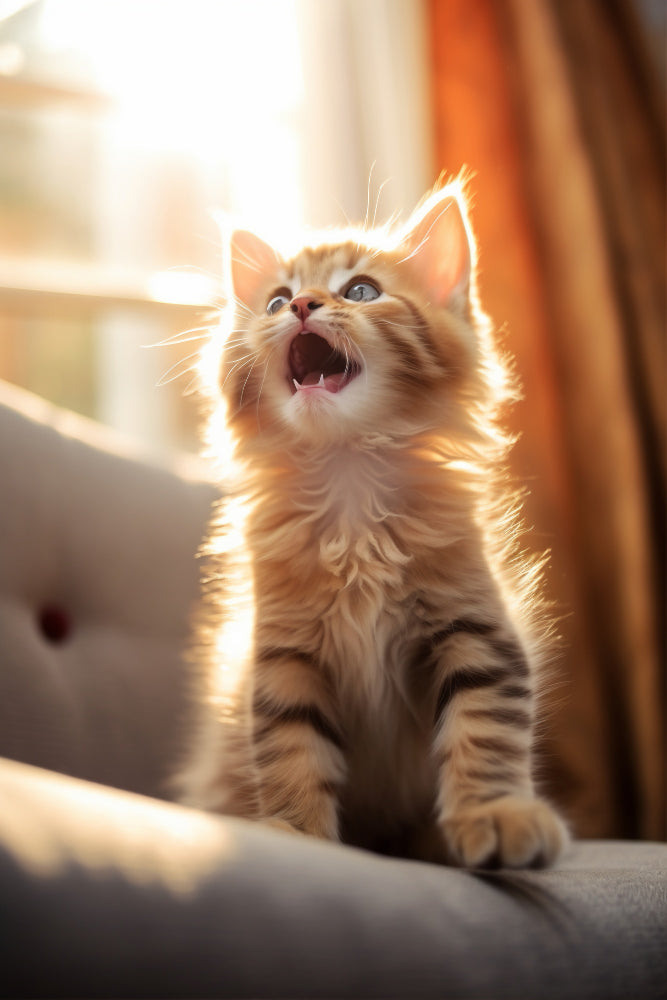The Pivotal Role of Socialization in Feline Well-being
While cats are often celebrated for their independence and aloof demeanor, they are also remarkably capable of forging deep connections with humans. The key to unlocking a cat's well-rounded personality and fostering its emotional health lies in socialization. This lifelong process equips cats with the necessary skills to interact amicably with other animals, as well as humans.
The Lifelong Journey of Socialization
From the moment they are born, socialization is an ongoing endeavor that significantly impacts a cat’s behavior, personality, and emotional stability. Socialized cats are more prone to exhibit confidence, friendliness, and exemplary behavior. In contrast, those with inadequate social exposure are often fearful, anxious, or even aggressive in unfamiliar settings or around strangers.

The Critical Window: Kitten Socialization
Kittens are especially amenable to social learning, making the first few weeks of their lives a critical window for shaping their behavioral traits and temperaments. During this period, kittens not only learn fundamental interactions with their mother and siblings but also pick up skills like grooming, litter box use, and play. Ensuring diverse experiences—ranging from exposure to varied sounds to different environments—is indispensable in nurturing a well-balanced adult cat.

Adult Cats: It’s Never Too Late
Although kittenhood is an optimal period for socialization, adult cats too can benefit from continued social exposure, especially if they missed out on early socialization experiences. While the process may be slower and necessitate a more measured approach, adult cats can still learn to adapt, given consistent, positive reinforcement.

Enhancing Owner-Cat Relationships and Quality of Life
A well-socialized cat not only forges a stronger emotional bond with its owner but also adapts more readily to new experiences. This adaptability simplifies otherwise stressful activities like visits to the vet or trips to the groomer.

Strategies for Effective Socialization
Diverse methods can be employed to facilitate feline socialization. For instance, introducing your cat to a cat-friendly park or setting up controlled meetings with other pets can significantly improve their social skills. Similarly, inviting guests and incrementally exposing your cat to new faces can ease their apprehensions about unfamiliar humans.

Conclusion
In summary, socialization is not just beneficial but essential for a cat’s emotional and behavioral well-being. Early and consistent exposure to diverse experiences and stimuli can yield a cat that is well-adjusted, emotionally stable, and happier. Given the profound impact of socialization, cat owners should prioritize this aspect from kittenhood through adulthood. The effort invested in properly socializing a cat will undoubtedly contribute to a more enriching and satisfying companions




Leave a comment
All comments are moderated before being published.
This site is protected by reCAPTCHA and the Google Privacy Policy and Terms of Service apply.